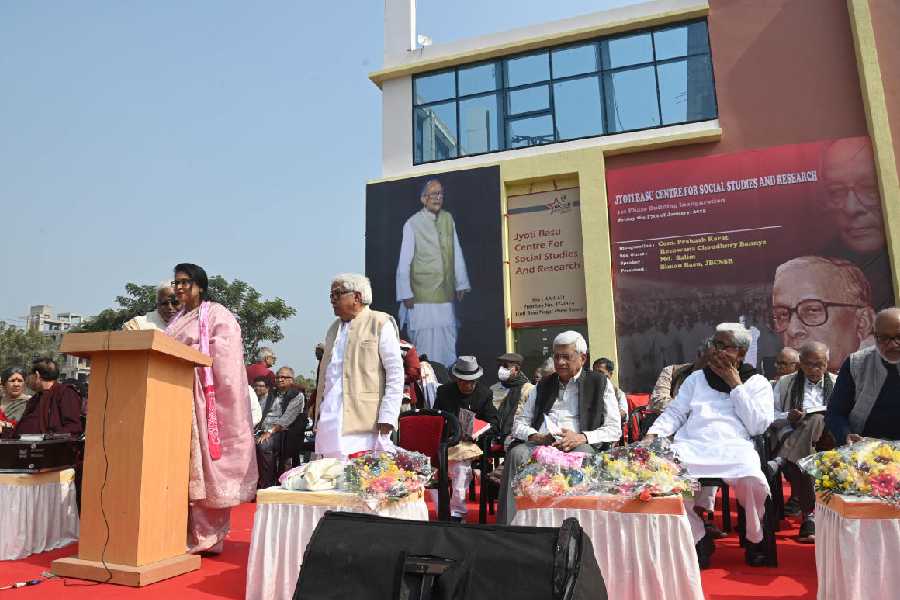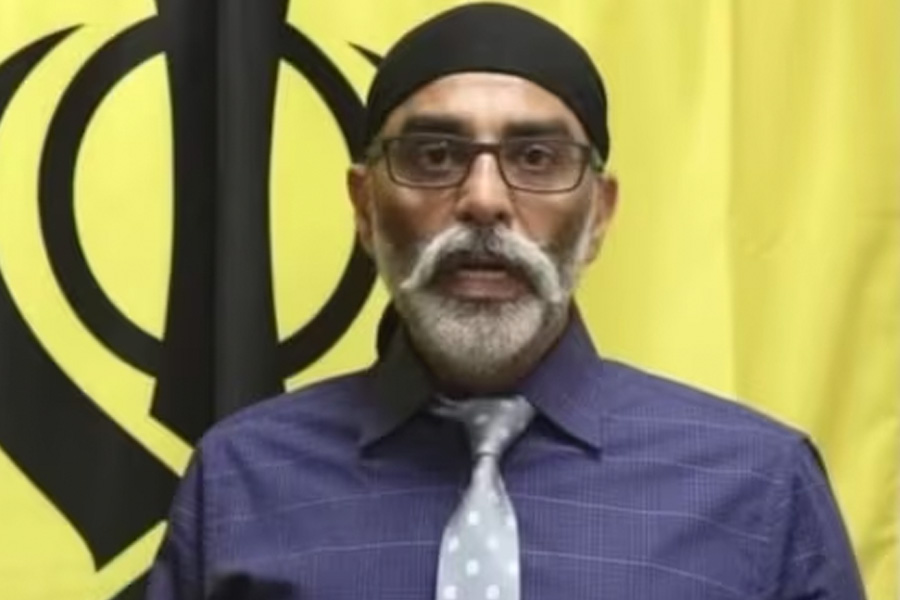Saif Ali Khan is recovering “very well” after emergency surgeries and is expected to be discharged within two or three days, doctors said on Friday, noting that he was “very fortunate” to have escaped serious spinal injury.
“We’re observing his progress. He’s doing excellent as per our expectations,” said neurosurgeon Nitin Dange at Lilavati Hospital in Mumbai where Saif had turned up around 3am on Thursday with a 2.5-inch fragment of a sharp blade stuck in his back and injuries to his hand and neck.
Dange, a member of the medical team treating the actor, said Saif was fit to be moved out of the intensive care unit into a special room. “We’ve advised him bed rest and, if he is comfortable, we could discharge him in two or three days,” he said.
An intruder allegedly attacked the 54-year-old actor early on Thursday after gaining access to his apartment in Bandra, an affluent Mumbai suburb, according to police officers. The stab Saif received in his thoracic spine was the “deepest and most dangerous” of his wounds, Dange said.
Doctors say a stab in the thoracic spine has the potential to damage the spinal cord and other critical organs such as the heart or the lungs and cause severe bleeding or infection, any of which can be life-threatening without medical intervention.
“He narrowly escaped by 2mm,” Niraj Uttamani, Lilavati Hospital’s chief operating officer, said on Friday, providing reporters an update on Saif’s condition. “Had the knife penetrated just 2mm ahead, the spinal cord could have been injured. He is very fortunate.”
Trauma surgeons who are not associated with Saif’s treatment but are familiar with stab wounds and spinal injuries said an injury to the spinal cord carries the risk of irreversible damage to the nerves that run along the spinal cord and are critical to movements.
“Irreversible damage to the nerves in the thoracic spine has the potential to cause paralysis of the legs or the lower body,” said Chirantan Suhrid, a surgeon in a government hospital in Mumbai. A 2.5-inch blade is long enough to pass through the skin and muscle in the back to penetrate the spinal cord, he said.
The Lilavati surgeons who had removed the blade from Saif’s back had also found and repaired a leak of the cerebrospinal fluid. Doctors say the cerebrospinal fluid is present in the protective tissues around the spinal cord and the leak implied that the knife had penetrated these tissues but spared the cord.
“Saif should thank his stars,” Suhrid said. “The angle of the stab may have been misaligned or the vertebral bones may have come in the way and helped protect the spinal cord.”
Surgeons say any serious injury to the spinal cord or central nervous system leads to a condition called “spinal shock” in which the affected nerves effectively shut down as an immediate response.
“It typically takes 24-48 hours for patients to recover from spinal shock. It’s only then that we can assess whether there is any likelihood of long-term nerve damage,” Suhrid said. “The information available from Lilavati tells us that Saif did not experience spinal shock.”
Surgeons have also asserted that the sites of, and damage to structures from, multiple stabs are more important than the number of the stabs. At Mumbai’s Nair Hospital, for instance, Suhrid and his colleagues last year successfully treated a 22-year-old woman with 26 stab wounds.
Most were superficial wounds and only four were serious — four stabs in the abdomen that had led to three bowel perforations and a tear in one of the kidneys, Suhrid said. The woman went home within two weeks.









